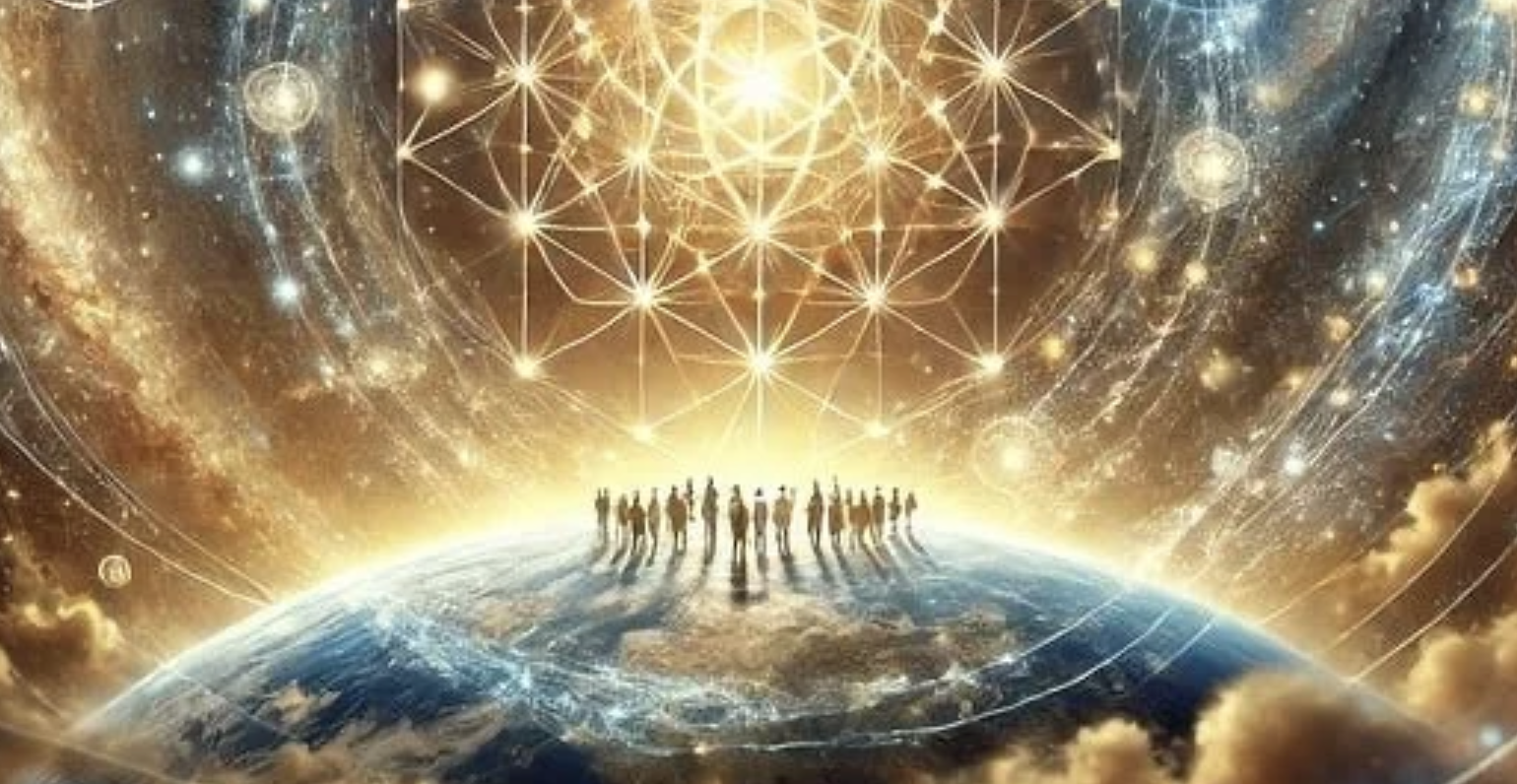By Mary Evelyn Tucker
Cosmos as Home: Evolution as Context
June 10, 2021


By Mary Evelyn Tucker
Center for Humans & Nature
June 10, 2021
The news is still new–the concept of evolution that is. We humans are just processing what evolution is and what it means to us. The theory of biological and human evolution as first presented by Charles Darwin in his book On the Origin of Species is only 160 years old. Even for Darwin, the implications of human evolution were astounding and unsettling. It is one of the most remarkable discoveries of modern science.
Similarly, the idea of Cosmic evolution as discovered by twentieth century scientists is slowly being understood by a broader public. The notion that we live in a changing Universe is hard to absorb. Indeed, moving from the image of a static Cosmos to a dynamic cosmogenesis is one of the greatest conceptual challenges for modern humans.
By Mary Evelyn Tucker
Center for Humans & Nature
June 10, 2021
The news is still new–the concept of evolution that is. We humans are just processing what evolution is and what it means to us. The theory of biological and human evolution as first presented by Charles Darwin in his book On the Origin of Species is only 160 years old. Even for Darwin, the implications of human evolution were astounding and unsettling. It is one of the most remarkable discoveries of modern science.
Similarly, the idea of Cosmic evolution as discovered by twentieth century scientists is slowly being understood by a broader public. The notion that we live in a changing Universe is hard to absorb. Indeed, moving from the image of a static Cosmos to a dynamic cosmogenesis is one of the greatest conceptual challenges for modern humans.








.svg)
